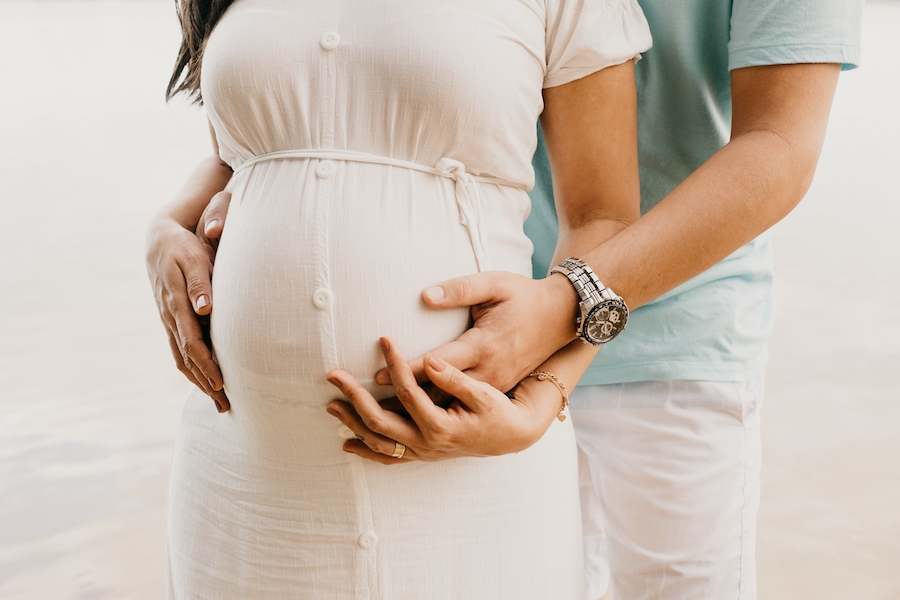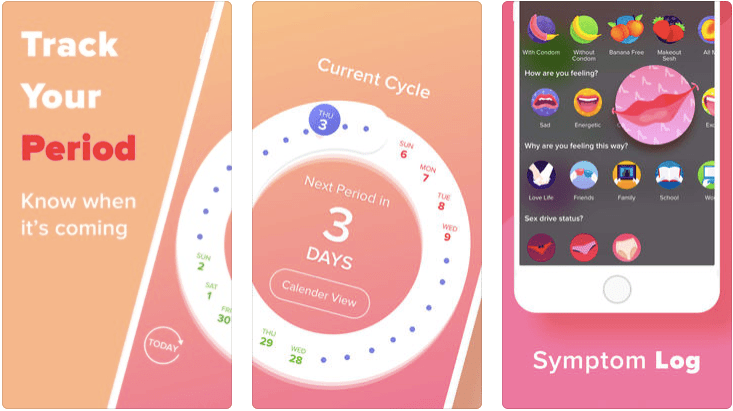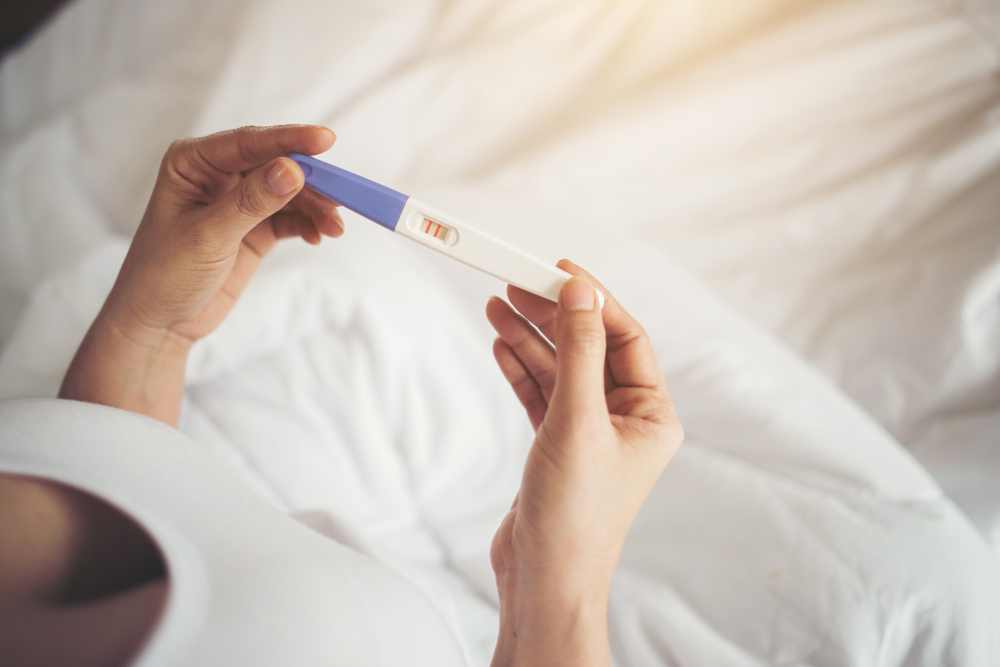A well-balanced diet that includes a variety of nutrient-rich foods can help to promote healthy fetal development and increase the chances of a baby being born with a healthy appearance. During pregnancy, it’s important to consume adequate amounts of the following nutrients to support the growth and development of the baby:
- Protein: Essential for the growth and development of the baby’s cells and organs. Foods such as lean meats, fish, eggs, and beans are good sources of protein.
- Folate: A type of B vitamin that is important for the formation of the baby’s brain and spine. Folate can be found in leafy green vegetables, citrus fruits, beans, and fortified cereals.
- Iron: Necessary for the formation of red blood cells in the baby. Good sources of iron include lean meats, fish, beans, and leafy green vegetables.
- Omega-3 fatty acids: Essential for the development of the baby’s brain and eyes. These can be found in fatty fish such as salmon, sardines, and mackerel.
- Vitamin A: Helps to promote healthy skin and tissue growth. Vitamin A can be found in fruits and vegetables like sweet potato, carrots, and spinach.
- Vitamin C: Aids in the absorption of iron and the development of the baby’s connective tissues and bones. Vitamin C can be found in citrus fruits, berries, and leafy greens.
- Vitamin D: Necessary for the baby’s bone growth and development. Good sources of vitamin D include fatty fish, eggs, and fortified milk and cereal.
- Zinc: Helps to promote healthy skin, nails and hair. Zinc-rich foods include oysters, beef, chickpeas, and pumpkin seeds.
It’s important to note that a well-balanced diet should not rely on one specific food, and it’s recommended to have a variety of nutrient-rich foods. Consultation with a healthcare provider or a nutritionist can be helpful in creating a personalized meal plan that takes into account any medical conditions or dietary restrictions.
![]()











